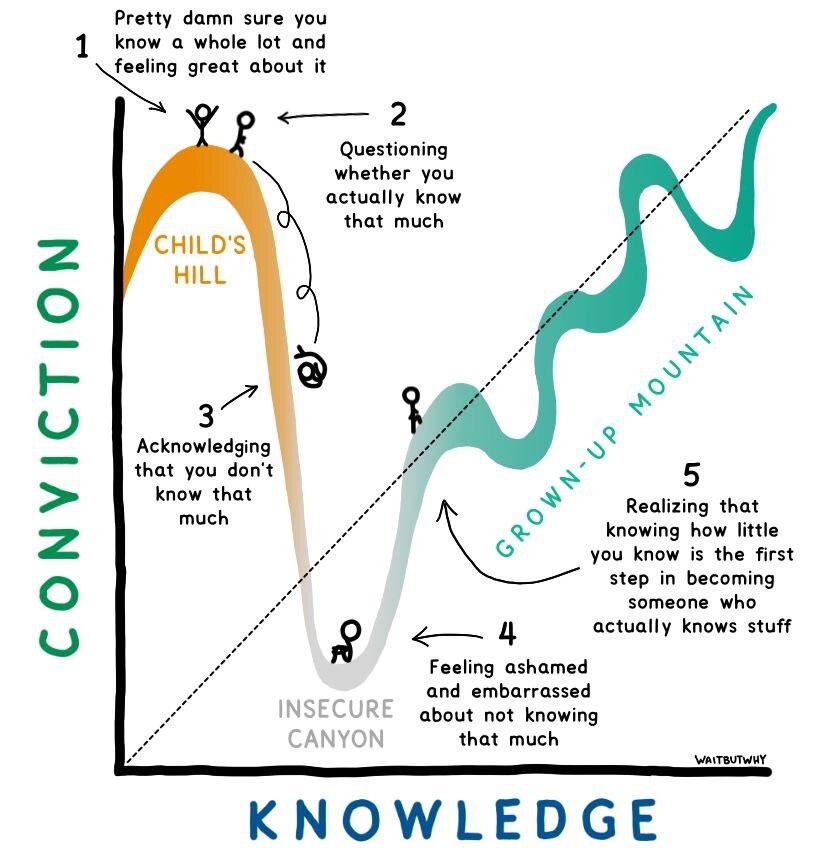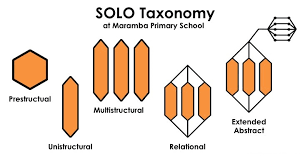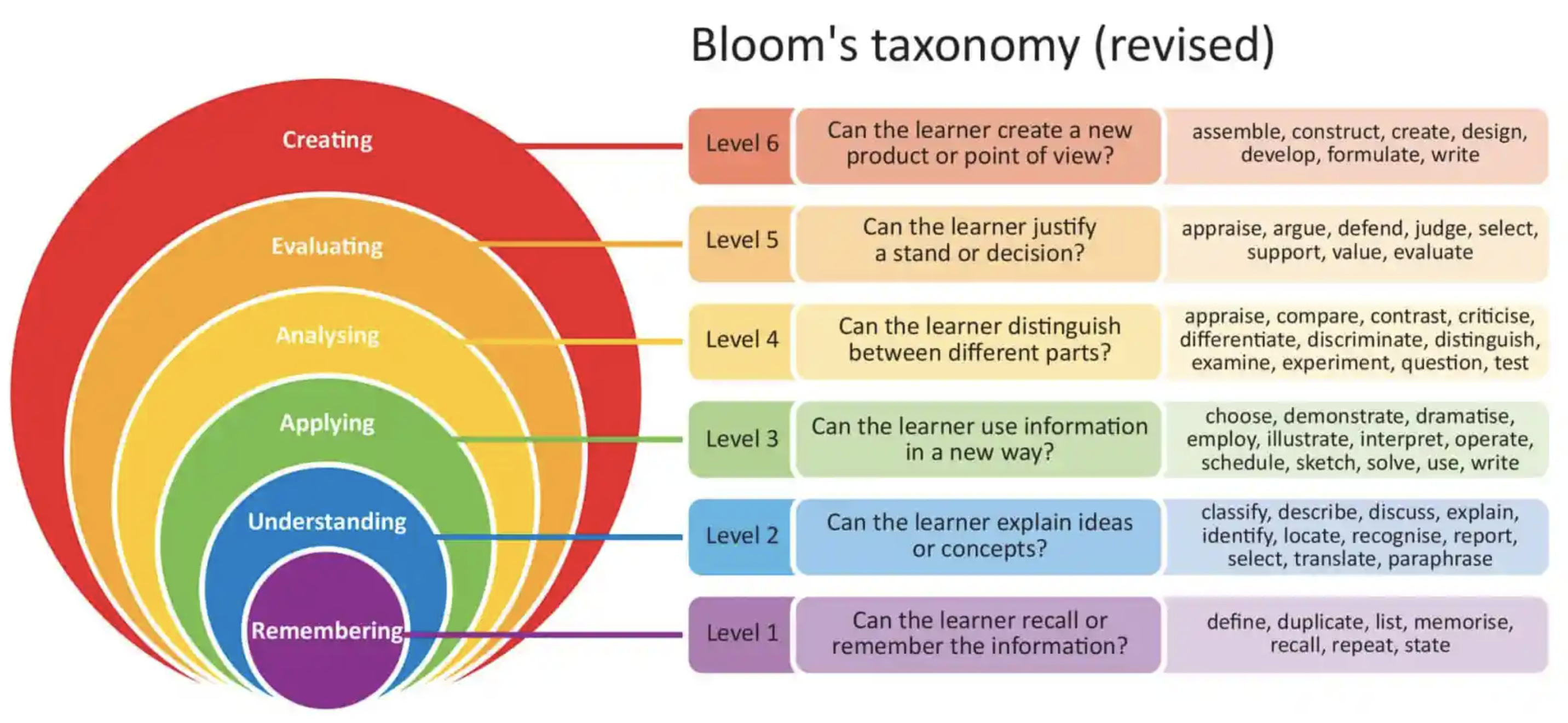Contents What is Dunning-Kruger effect? The Dunning-Kruger effect is a cognitive bias in which people with limited competence in a particular domain overestimate their abilities. Some researchers also include the opposite effect for high performers: their tendency to underestimate their skills The concept of the Dunning-Kruger effect is based on a 1999 paper by Cornell University psychologists David Dunning and Justin Kruger. They tested participants on their logic, grammar, and sense of humor, and found that those who performed in the bottom quartile rated their skills far above average. For…
Danh mục: Technique
How to Use SOLO Taxonomy to Assess and Improve Student Learning
Contents What is the SOLO taxonomy? SOLO (Structure of Observed Learning Outcomes) offers a structured outline for the learners to use to build their learning and thinking. It motivates students to ponder where they are presently in terms of their level of understanding, and what they must do to progress. The SOLO taxonomy is a model of learning that describes the different levels of understanding that students can achieve in a given topic or task. SOLO stands for Structure of Observed Learning Outcomes, and it was developed by John Biggs and Kevin Collis in 1982. The SOLO taxonomy…
What is Bloom’s Taxonomy and Why is it Important for Education?
Contents What is Bloom’s Taxonomy and Why is it Important for Education? Bloom’s Taxonomy is a framework for classifying and organizing different levels of learning. It can help teachers design effective learning objectives and activities, and help students assess their own progress and understanding. Bloom’s Taxonomy consists of three domains: cognitive, affective, and psychomotor. Each domain has a number of levels ranging from simple to complex and concrete to abstract. The cognitive domain is the most commonly used in education, and it includes six levels: knowledge, comprehension, application, analysis, synthesis,…




